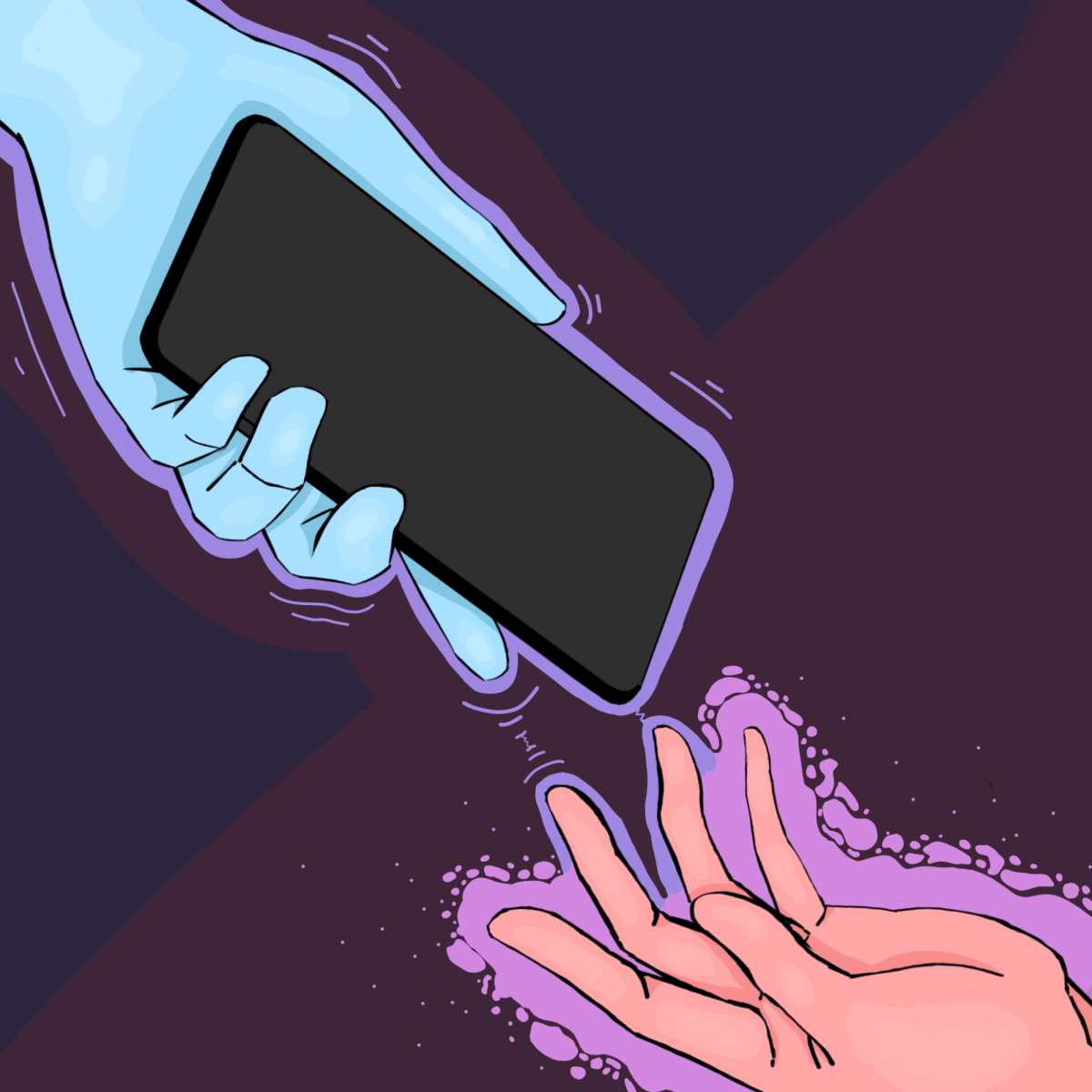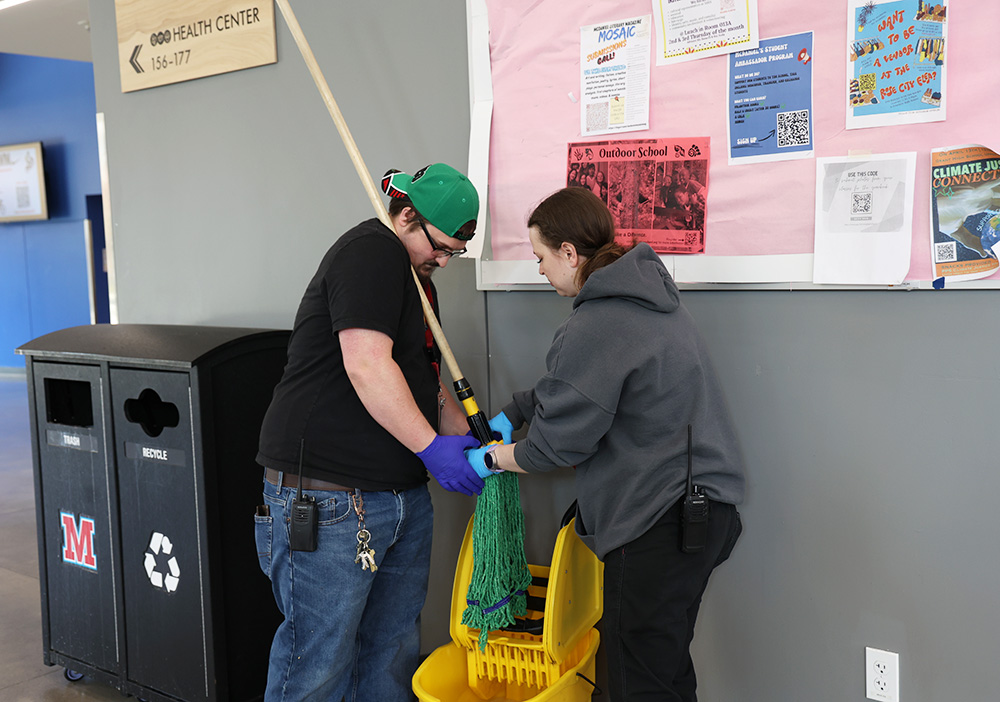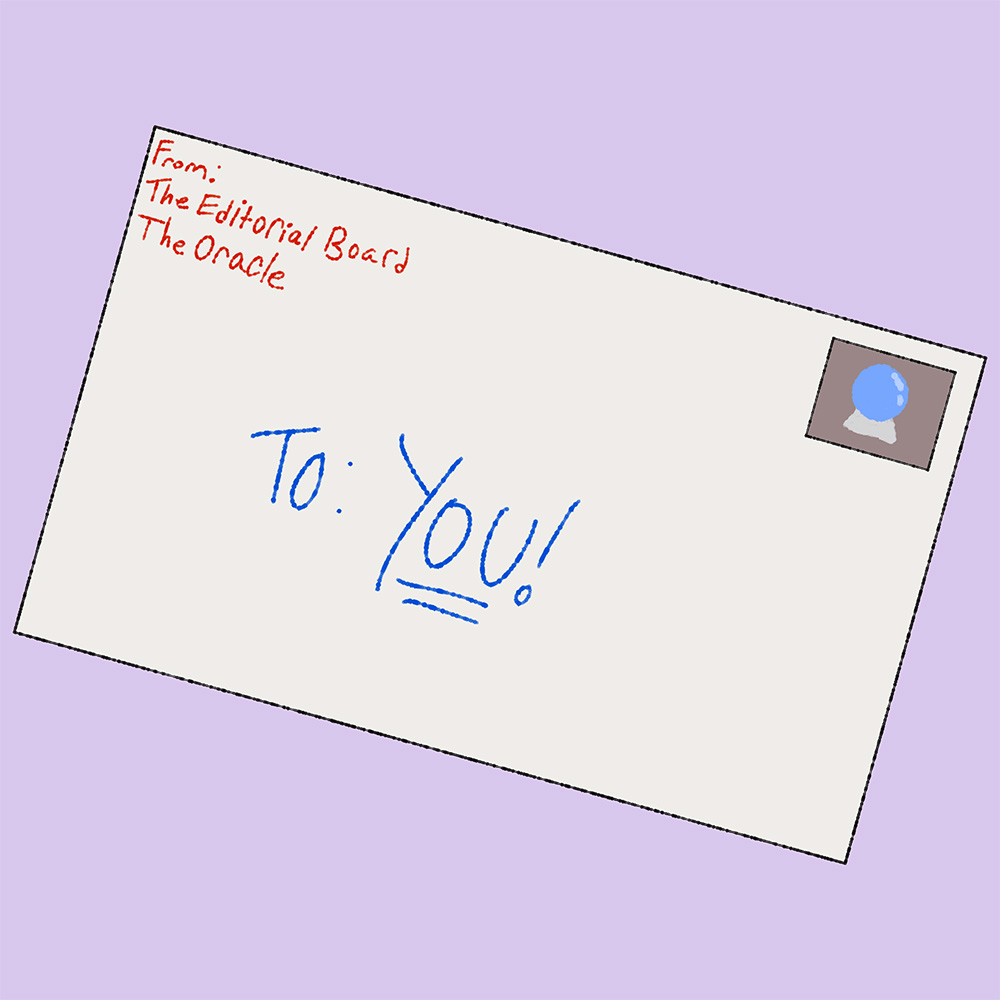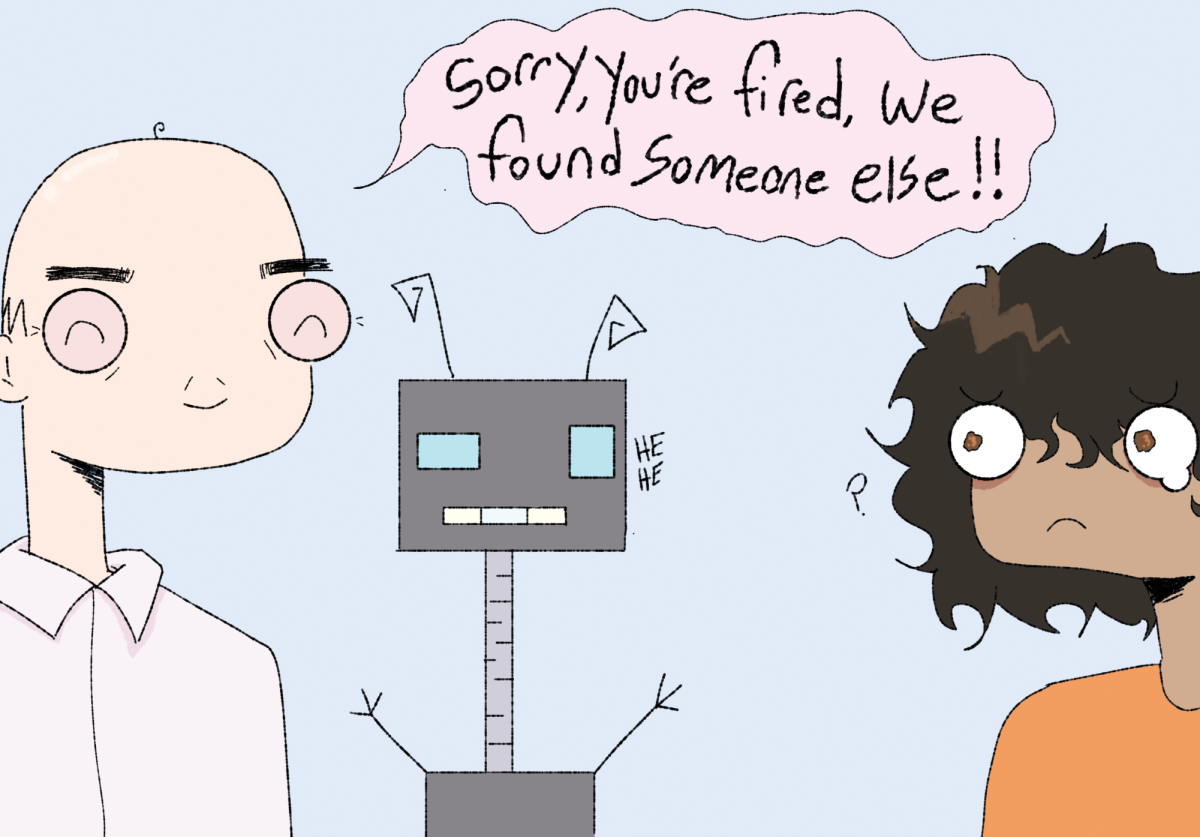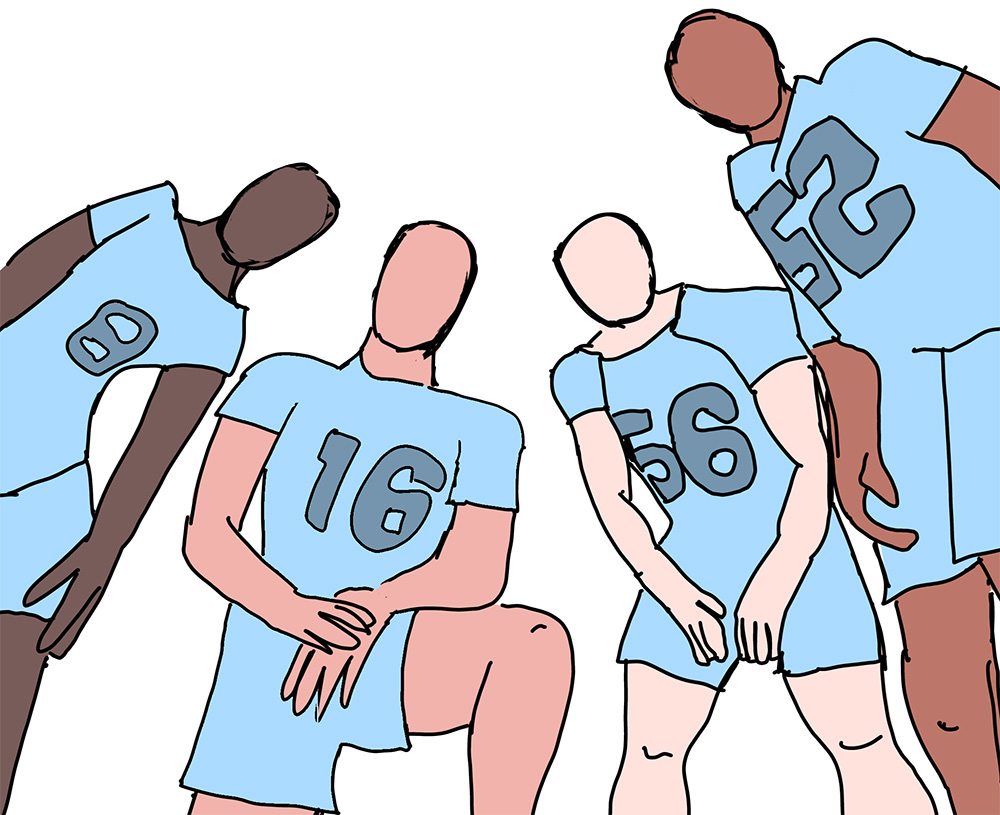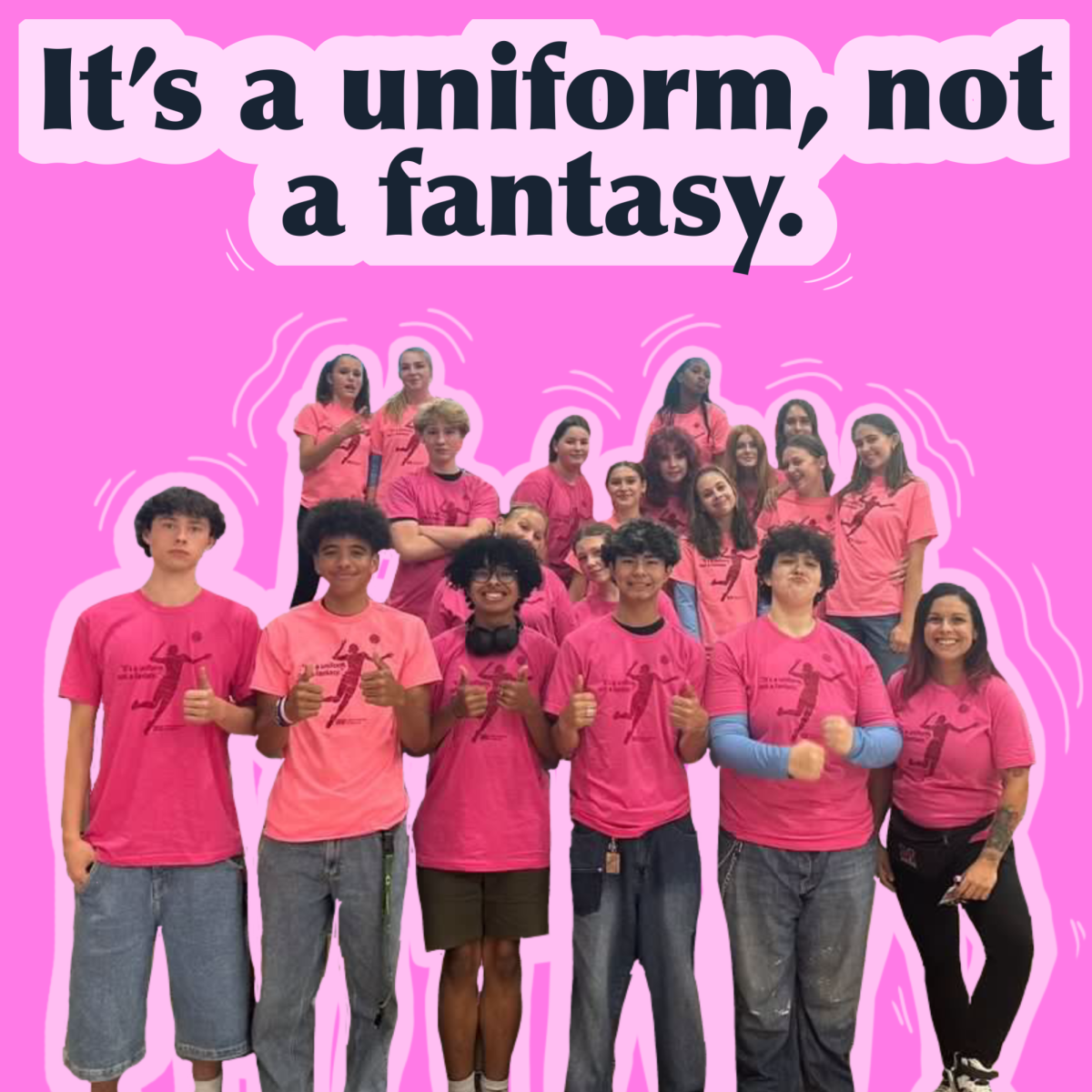Social media has become such a sacred thing in today’s society. At your fingertips lies a world of specialized content perfectly fit to each person, while also blessing you with the ability to communicate with people around the world. Due to its influence, it is no surprise that the need to be on social media has a rose-tinted glasses effect on younger generations.
The age for when minors should be on social media is met with a mixed bag of answers, but minimum age for most social media is 13. Apps that require you to be 13 include TikTok, Instagram, X (formally known as Twitter), Snapchat and Youtube. This feels way too young, especially when apps have few limitations to what teenagers can do once using the platform.
Humiliation, cyberbullying and grooming are common experiences online and can be detrimental towards a growing mind, which is why adults should monitor or talk with teenagers about these aspects of digital communication.
Humiliation
A big reason why social media shouldn’t be accessible to those younger than 15 is the fact nothing can truly be deleted off the internet. This phenomenon came back to bite sophomore Finn McGuire.
“I was cringy as hell, and every time I look back on my other accounts, I get second hand embarrassment, and I want to dig a hole and crawl inside it knowing people knew me back then,” he said.
McGuire is experiencing a phenomenon that is increasingly common as Generation Z grows up: they are the first generation to widely grow up with social media, so it’s a time capsule of their humiliating experiences.
Sadly, McGuire’s experience is not isolated, and yet again shows how children should not be on social media until they’ve gone through the transition into high school, which allows them more adult experiences like holding jobs, applying to college and planning their future. Having the knowledge that what you put online can affect your ability to get a job, go to college or affect how others see you can make you put more thought into what you put online.
Cyberbullying
Harassment is a common experience online. A blog article from The Annie E. Casey Foundation says, social media has numerous side effects on minors, including depression and anxiety, not enough sleep which can disrupt neurological development and lead to depression and suicidal behaviors, low self-esteem, poor body image, and eating disorder behaviors and online harassment.
The article has other notable stats related to minors on social media: “Nearly 2 in 3 adolescents are ‘often’ or ‘sometimes’ exposed to hate-based content on social media.” It also explains that young LGBTQ and girls are most at risk for cyberbullying which can lead to negative emotions. Delaying seeing this content can lead to more mature minds knowing what kind of content they want to have access too.
Restorative justice teacher Aketi Merrick says she wishes students didn’t have social media.
“I wish we could just ban it for people under 18. I think the older a person is when they get access to social media, the better,” she said.
Though this may be drastic of an age limit it does hold a good opinion because 18 is the age you officially become an adult. Fifteen though is more realistic though because it isn’t too old but is still young. Being fifteen comes with the responsibility of high school and some jobs, so it’s only fair it also comes with the responsibility of social media.
For the responsibility of monitoring social media, Aketi has the view that the developers can’t be trusted, so parents should be involved.
“We are the ones providing and paying for devices for the students, so we need to be responsible for the consequences coming from that,” Aketi said.
A recurring problem with cyberbullying is students not coming forward due to embarrassment or not knowing how to handle the situation. But holding it in or handling yourself leads to isolation or the bullying getting worse.
Instead, confiding in a trusted adult will more often than not lead to healthier outcomes because an adult can help the student end the cyberbullying and offer counseling.
Grooming
Junior Kiro Patterson was 10 when they got their first phone and 12 when they got social media. Their experience stands as a warning for how children shouldn’t have access to social media so young.
“I regret having social media in my life,” Patterson said. “A lot of bad things came out of it. [My age] made me really prone to taking things to heart, like creepy old men on the internet and accessing gore at 12. Overall, just exploring the new-ish internet and all the trial and error there was so traumatizing lowkey.”
Patterson’s experience with predators online is not isolated to just them; grooming is a common experience for minors with access to the internet, which is the biggest reason people under 15 should not have social media.
Parents should also take responsibility and make sure their children are safe online. If guardians allow social media to those younger than 14, they should monitor the child’s accounts and only allow private social media.
Private accounts make it so strangers cannot send DM’s and can’t follow the account without the owner of the account accepting the request. Because of this even if someone is older than 14, they should consider a private social media account.
A case for waiting until high school
Junior Vella Scott had an opposite experience from Patterson; she was 15 when she got her first phone and 16 when she was allowed to use social media.
“It impacted me well because I know what [type of content] to put myself around, and I know what social media accounts I want,” she said.
For Scott, her getting access to social media so late was also a double-edged sword.
“I think my mom not letting me have social media ‘til I was 16 was impactful in negative ways because I felt left out, and I wasn’t allowed to act my age.”
Even with the negative side of getting social media at 16, she believes it was the best choice long term. This is in all ways a good idea for parents to allow their children social media at a later, more developed age.
“I think it was a time where I felt mature enough to have it and know the dangers of it and know the good things about social media,” Scott said.
Because of this, 15 seems like a good age to start being on social media. Scott felt as if she was more mature when she started going on social media and knew the precautions she had to take. Being in a more developed state protects children from making poor decisions online. Of course it will never eliminate the possibility of being exposed to bad content or being groomed, but it can help lessen the possibilities.
There may not be a straight answer to the perfect age to be on social media, but there are precautions one should take to make minors safe online. Most people are mature enough by high school to handle the responsibility that comes with access to the internet at that age and they can be trusted.


